The BP/Macondo oil well blowout in April 2010 ranks as one of the largest marine oil spills in history (only the Gulf War Oil Spill discharged more oil into an environment). The Macondo Blowout was a large scale environmental perturbation that allowed scientists to evaluate the capacity of the Gulf's natural microbes to consume hydrocarbons, to evaluate the controls on hydrocarbon degradation, to track the fate of hydrocarbons, and to elucidate the impacts of this immense hydrocarbon injection on the Gulf ecosystem.
Call of the Gulf: Pre-cruise port days
Mandy and I arrive in flash-flooded Gulfport, and board the RV/Atlantis amidst a torrential rain, weaving through a steady flow of students and crew offloading equipment for the cruise. Their determined shoulders are set against gusting winds..and against the ticking clock; the launch is set for 0800 Sunday!
ECOGIG: March '13 cruise blog entry #7
Note: This is a guest post by Dr. Beth Orcutt, Senior Research Scientist at the Bigelow Laboratory for Ocean Sciences in Maine. Orcutt is a participant in the ECOGIG project and will be blogging here about her experiences on the March 2013 RV Pelican ECOGIG cruise to deploy deep-sea landers in the Gulf of Mexico
ECOGIG: March '13 cruise blog entry #6
Note: This is a guest post by Dr. Beth Orcutt, Senior Research Scientist at the Bigelow Laboratory for Ocean Sciences in Maine. Orcutt is a participant in the ECOGIG project and will be blogging here about her experiences on the March 2013 RV Pelican ECOGIG cruise to deploy deep-sea landers in the Gulf of Mexico.
ECOGIG: March '13 cruise blog entry #5
Note: This is a guest post by Dr. Beth Orcutt, Senior Research Scientist at the Bigelow Laboratory for Ocean Sciences in Maine. Orcutt is a participant in the ECOGIG project and will be blogging here about her experiences on the March 2013 RV Pelican ECOGIG cruise to deploy deep-sea landers in the Gulf of Mexico.




